Why Overpricing Will Kill Your Sale in Today’s Las Vegas Market
Short version: don’t guess — price with strategy
Remember 2021? Listings could be flung onto the market with a heroic price and still draw multiple offers. Those days are mostly over. Right now sellers are getting a clear message: the market isn’t as forgiving. That ten-to-one ratio of decreases to increases really tells a story. If you overprice, the market will humble you pretty quickly.
What’s actually happening when you overprice
Buyers scroll fast. They judge in seconds. If your listing looks overpriced, many won’t even bother seeing it in person. They’ll skip it and move on. No showings. No offers. Then the clock ticks, and you end up cutting price — often multiple times — which makes buyers suspicious and drags out your sale.
Why the “throw a number out there” approach fails
You can’t just toss a number on the MLS and expect it to stick anymore. Appraisers call it like it is. Lenders call it like it is. Savvy buyers call it like it is. Overpricing narrows your buyer pool, invites lowball offers, and often forces you to reduce price into the range where you should’ve started. That’s a lose-lose.
Real, practical pricing moves that work
- Price to attract multiple qualified buyers within the first two weeks. The buzz window matters.
- Use comps, not hope. Look at active listings, pending sales, and recent closed sales in your immediate micro-neighborhood — not the whole zip code.
- Factor in market tempo. If homes are getting fewer showings or offers than six months ago, don’t force a 2021 price.
- Be honest about condition. Small repairs or updates might let you ask more, but overpricing because you ""plan to renovate"" rarely works.
- Plan your margin for negotiation. Price where you can win the first round — not where you hope to end up after several months.
When to reduce price — and how to do it without panic
If showings and interest are low after a realistic marketing push, reduce early and decisively. A sensible price correction while interest is still fresh beats a desperate trim months later. And yes — buyers notice dramatic cuts. Keep changes moderate and backed by data.
Bottom line
The Las Vegas market rewards accuracy, not optimism. Don’t let emotion or stubbornness cost you money. Price smart, market aggressively, and you’ll avoid the “I told you so” the market hands out to sellers who get... humbled. If you want a no-BS pricing plan that reflects today’s reality, reach out — I’ll walk you through the numbers like a human, not a spreadsheet.
✅ Las Vegas Home Pricing FAQ — Avoid Overpricing, Maximize Showings & Sell Faster
Categories
- All Blogs (175)
- Anthem (1)
- Buyers (4)
- Downsizing (12)
- Expired Listings (1)
- Housing Market Trends (91)
- Informative (20)
- Luxury (1)
- MacDonald Highlands (1)
- Madeira Canyon (1)
- Mountains Edge (9)
- Probate (25)
- Queensridge (1)
- Relocation (2)
- Sellers (3)
- Summerlin (11)
- Sun City Summerlin (1)
- Thoughts on Home Tour (2)
Recent Posts


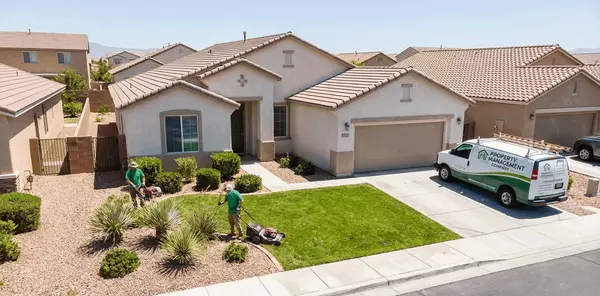
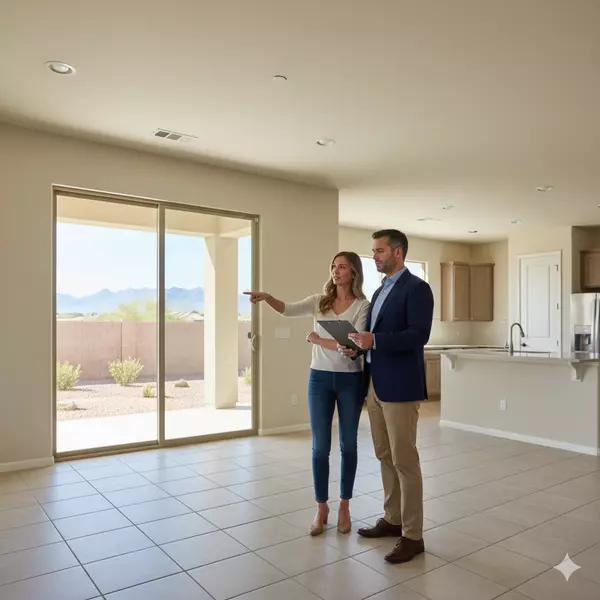
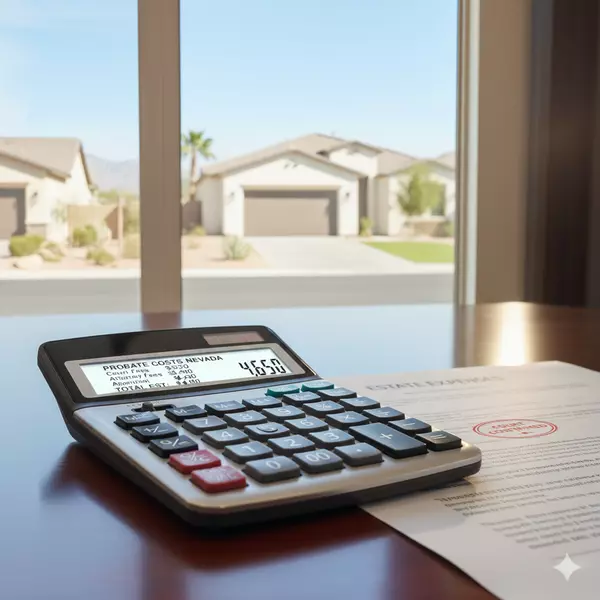
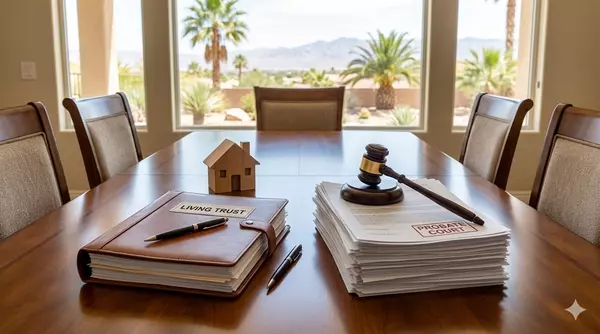
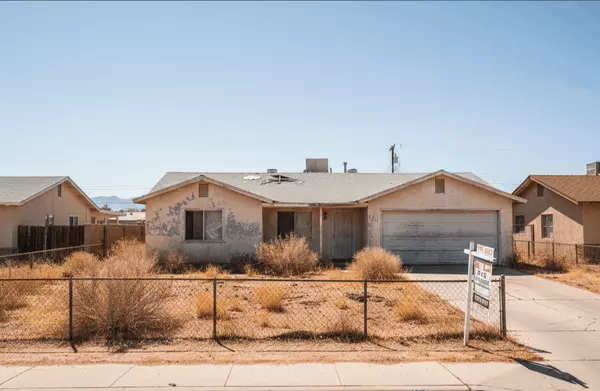
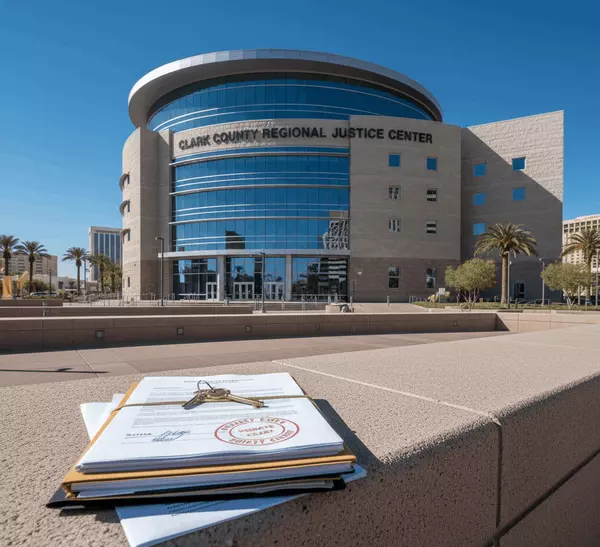

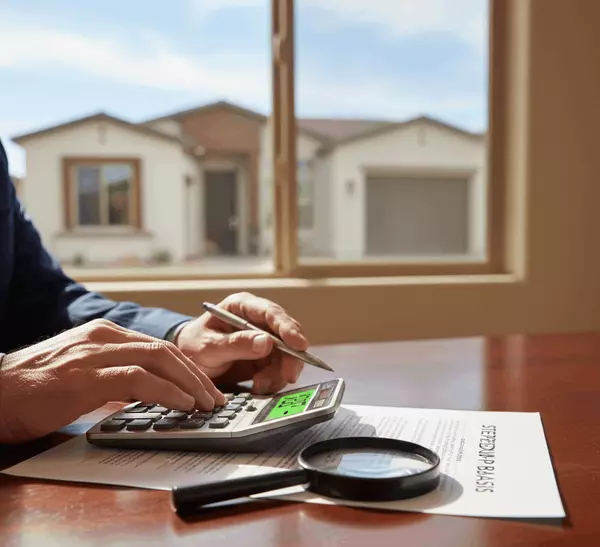
GET MORE INFORMATION

